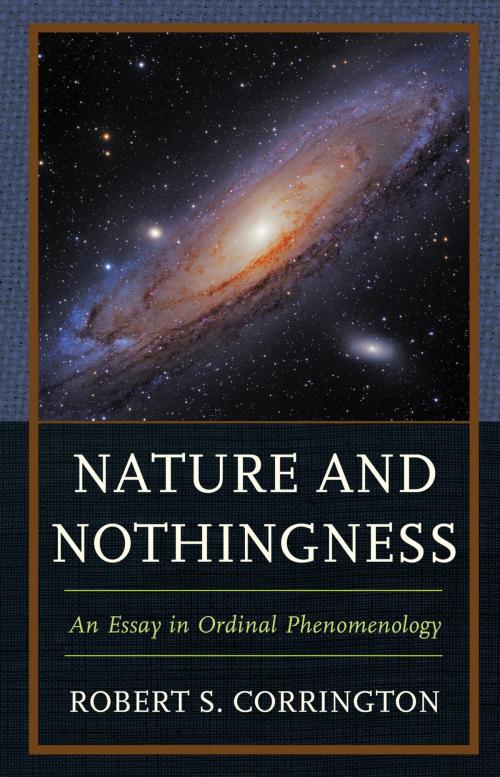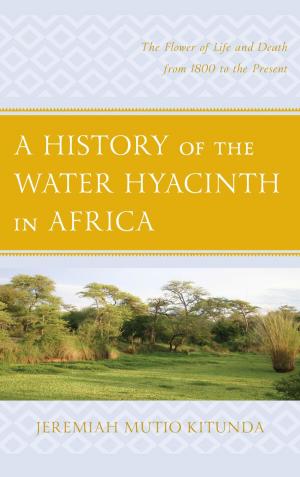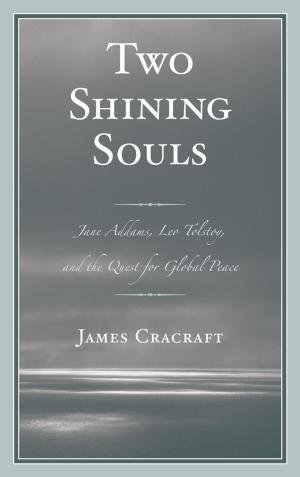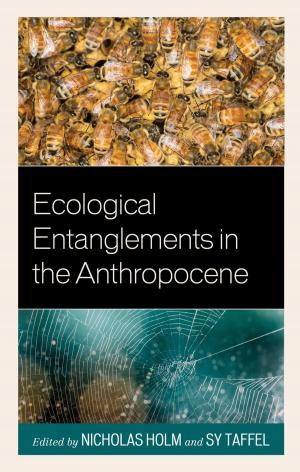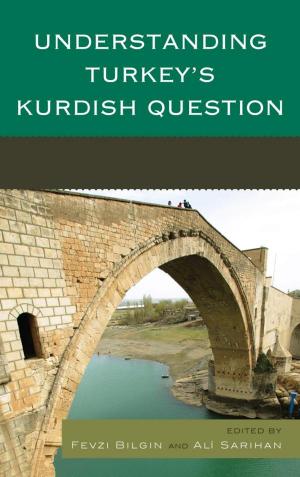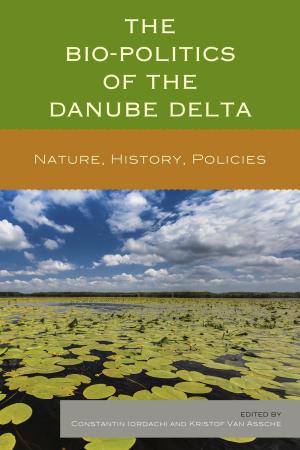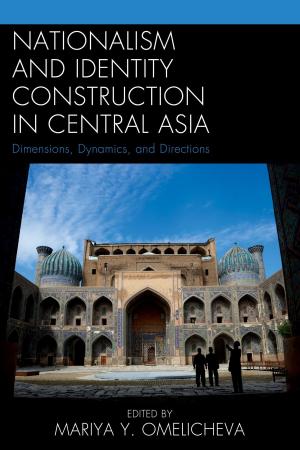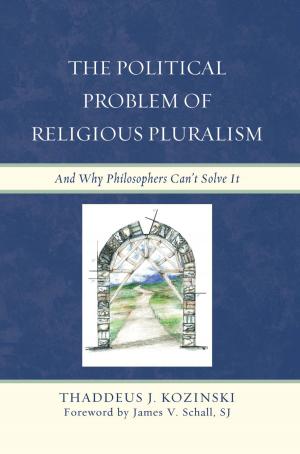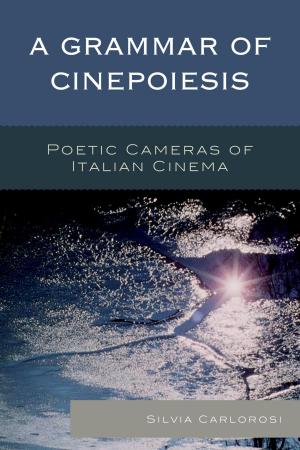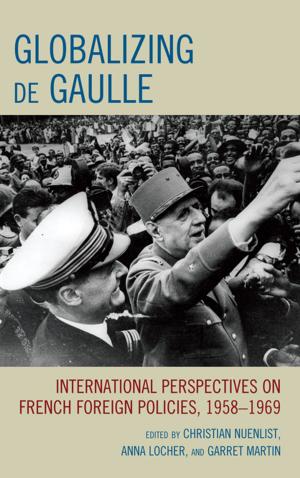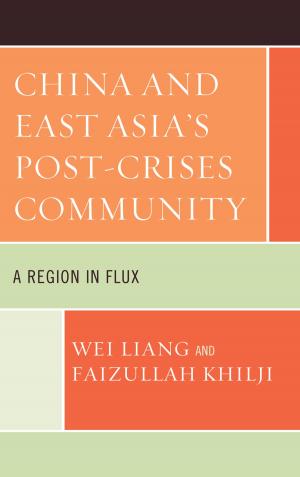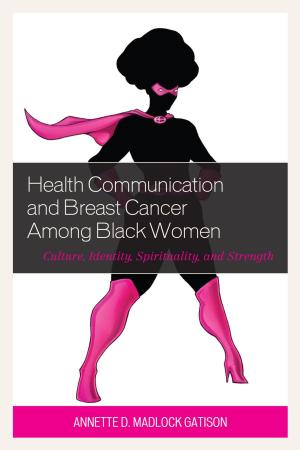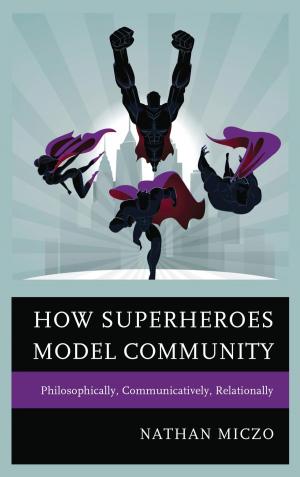Nature and Nothingness
An Essay in Ordinal Phenomenology
Nonfiction, Religion & Spirituality, Philosophy, Phenomenology| Author: | Robert S. Corrington | ISBN: | 9781498545181 |
| Publisher: | Lexington Books | Publication: | January 23, 2017 |
| Imprint: | Lexington Books | Language: | English |
| Author: | Robert S. Corrington |
| ISBN: | 9781498545181 |
| Publisher: | Lexington Books |
| Publication: | January 23, 2017 |
| Imprint: | Lexington Books |
| Language: | English |
Is nothingness found in nature or is it in some realm disconnected from nature? Nature and Nothingness: An Essay in Ordinal Phenomenology argues for the former and explores four types of nothingness as found in nature: holes in nature, totalizing nothingness in horror, naturing nothingness, and encompassing nothingness. Using ordinal phenomenology, Robert S. Corrington reveals the great perennial fissuring within the one nature that there is. The book includes a detailed analysis of religious violence as it correlates to the hoes in nature, such as anxiety, bereavement, loss, fear of fragmentation, and loss of identity. It also examines the various ways in which horror is encountered in a literary context, using the work of Edgar Allen Poe and H. P. Lovecraft. The analysis is comparative and makes use of feminist philosophy as well as Buddhist, Taoist, theosophical, and American philosophy. Using resources from ecstatic naturalism and deep pantheism, Corrington argues that though nothingness takes many forms, they are all guises of the same vast Nothingness.
Is nothingness found in nature or is it in some realm disconnected from nature? Nature and Nothingness: An Essay in Ordinal Phenomenology argues for the former and explores four types of nothingness as found in nature: holes in nature, totalizing nothingness in horror, naturing nothingness, and encompassing nothingness. Using ordinal phenomenology, Robert S. Corrington reveals the great perennial fissuring within the one nature that there is. The book includes a detailed analysis of religious violence as it correlates to the hoes in nature, such as anxiety, bereavement, loss, fear of fragmentation, and loss of identity. It also examines the various ways in which horror is encountered in a literary context, using the work of Edgar Allen Poe and H. P. Lovecraft. The analysis is comparative and makes use of feminist philosophy as well as Buddhist, Taoist, theosophical, and American philosophy. Using resources from ecstatic naturalism and deep pantheism, Corrington argues that though nothingness takes many forms, they are all guises of the same vast Nothingness.
